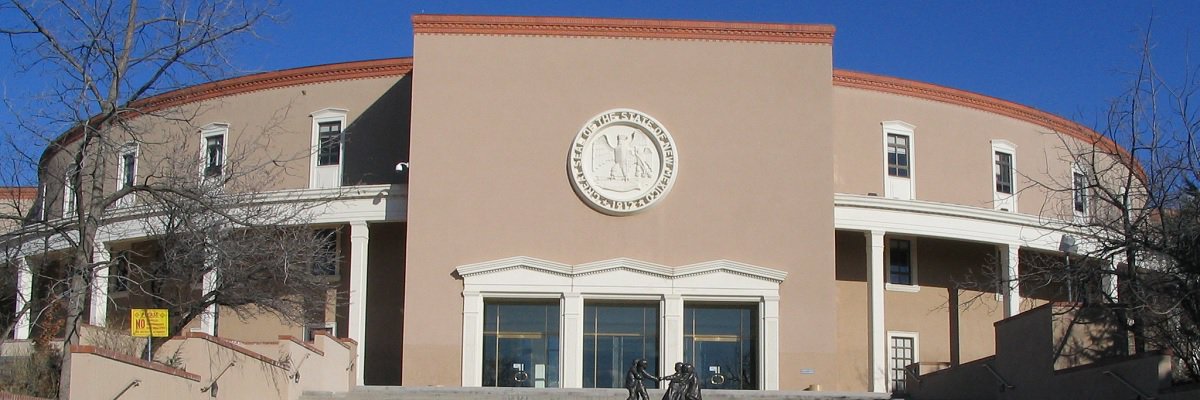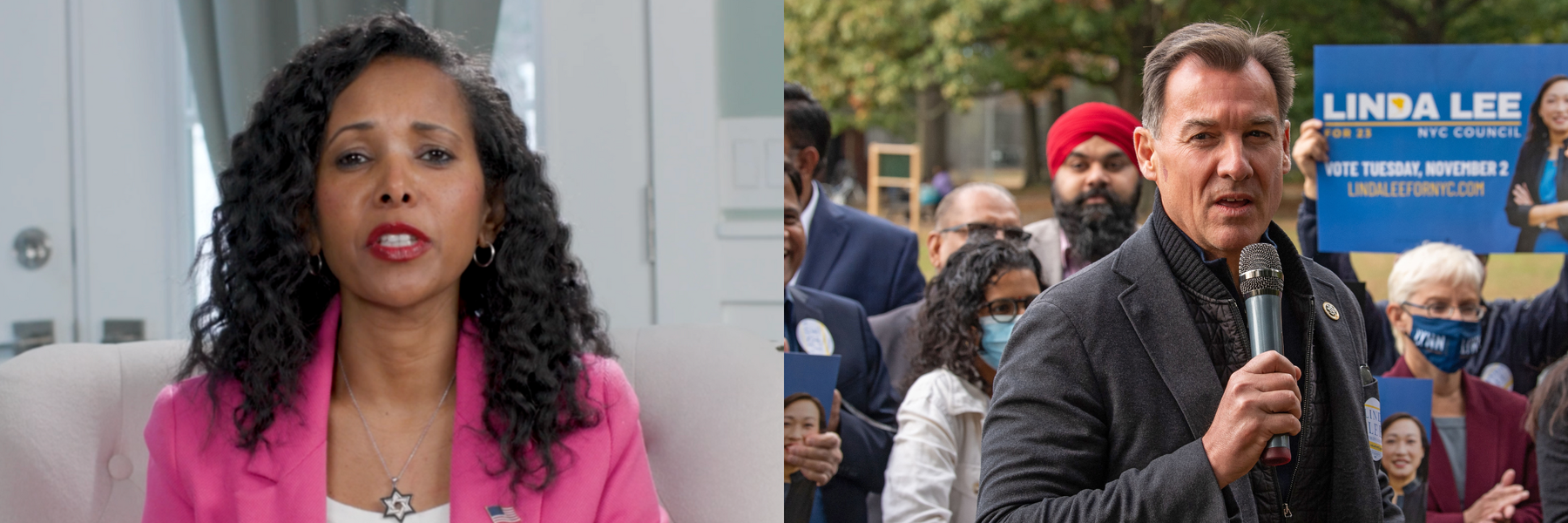The state of state public records laws continues to evolve as lawmakers discuss new legislation, court rulings clarify ambiguities in records law, and advocates press for better access. To get a sense of what’s happening, we’ve compiled a list of recent changes to access all across the country. If we missed news in your state, let us know by filling out the form below!
## California
This month, a San Francisco County Superior Court Judge ruled that the Attorney General’s office [must release police misconduct records](https://www.theroot.com/san-francisco-judge-orders-attorney-general-to-release-1834875216) prior to January 1st of this year. The new ruling comes after the [recently passed SB 1421](https://www.muckrock.com/news/archives/2018/oct/01/ca-police-records-update/), which grants access to police misconduct records, faced backlash from police unions opposing the release of the records.## Connecticut
Last week, the [Yankee Institute for Public Policy](https://yankeeinstitute.org/2019/05/17/state-police-contract-exempts-personnel-records-grievance-hearings-from-public-disclosure/) reported the Connecticut State Police’s contract exempts officers’ personnel records under state FOIA laws. The section of the contract shows Connecticut General Statute 4-193, which deals with disclosure of personnel records, must be overridden by the contract’s provision. According to the Yankee Institute, Connecticut is the only state in which a labor contract can override state law.## Georgia
WSB-TV 2 in Atlanta reported this week that the Georgia House and Senate rejected "requests for names and salaries of their staff," citing their offices’ exemption from the law. However, [the Georgia Open Records Act](https://law.justia.com/codes/georgia/2010/title-50/chapter-18/article-4/50-18-75/) has only exempted communications between the Office of Legislative Counsel and members of the General Assembly, the Lieutenant Governor and persons acting on their behalf. [WSB-TV 2 reached out](https://www.wsbtv.com/news/2-investigates/this-law-must-be-followed-by-every-public-agency-in-the-state-except-one/949781103) to several members of Assembly for comment, but none provided a response to the station.## Kentucky
The University of Kentucky is in hot water as state appeal court judges ruled that the University failed to comply with the states public records law. The ruling comes after the [school’s campus newspaper tried to request records](https://www.wtvq.com/2019/05/17/court-university-fails-follow-open-records-law/) of a sexual harassment investigation dealing with a former professor. As part of the ruling, the appeals judges noted that the public has an interest in the investigative methods uses by its public agencies.## New Mexico
Earlier this month, a [District Court Judge ruled that the City of Española](http://www.riograndesun.com/news/judge-orders-city-to-pay-for-withholding-records/article_324f5b90-77f3-11e9-9c40-8f56198c5ed3.html) must pay over $40,000 for failing to provide public records. New Mexico requester Charles Arasim asked for a video and a memorandum from the city in 2017. The final records were not produced until after Arasim went to court. Judge Jason Lidyard found the City had failed to comply with the records law for 406 days.## North Carolina
Access to police records continues to pose challenges as exemptions reign what can and cannot be released. But lawmakers in the North Carolina General Assembly are looking to make police body camera footage publicly available. [House Bill 791](https://www.ncleg.gov/BillLookUp/2019/H791) would make the footage publicly available for city councils, city managers, and review boards, without having to go to a Superior Court judge for permission. Currently, the bill is being discussed and reviewed by the assembly.## Oregon
Alongside the creation of a state Public Records Advocate, [a bill in Oregon](https://olis.leg.state.or.us/liz/2017R1/Downloads/MeasureDocument/SB106) also created the Public Records Advisory Council tasked in creating recommendations for the states records law and placing a sunset date for the council. But this month [HB 2430 passed](https://olis.leg.state.or.us/liz/2019R1/Downloads/MeasureAnalysisDocument/46041), eliminating the sunset provision for the council. With the council at work for the long-haul, [Public Records Advocate Ginger McCall](https://twitter.com/oregonpra?lang=en) is soliciting ideas for future changes to the state’s public records law.Happy to announce that the bill to eliminate the sunset provision for the Public Records Advisory Council has passed both #Oregon House and Senate. We now need your feedback: what reforms to public records law should the Council consider? #foia #opengov #transparency #orleg
— Ginger McCall (@OregonPRA) May 1, 2019
## Texas
Lawmakers in Texas are considering bipartisan bills that would increase transparency in the state and make it easier to access government contract records. Senator Kirk Watson authored [C.S.S.B. 943](https://capitol.texas.gov/tlodocs/86R/analysis/html/SB00943H.htm) and now lies on the Governor’s desk for final approval.## Washington D.C.
New [proposed changes to FOIA law](https://www.muckrock.com/news/archives/2019/may/13/dc-foia-changes/) in Washington D.C. could block access to government emails dealing with "matters unrelated to public employees work," among other restrictions. The proposal, introduced by Councilmember Phil Mendelson, was tucked away in a 160-page committee report tied to city’s budget and set for hearing at the beginning of the month. However, the [City Council decided to table](https://wamu.org/story/19/05/14/d-c-council-tables-controversial-foia-bill/) the issue during its first round of budget debates. It is unclear if the proposal will be heard at the next council meeting.Image by Ken Lund via Flickr and is licensed under CC BY-SA 2.0




